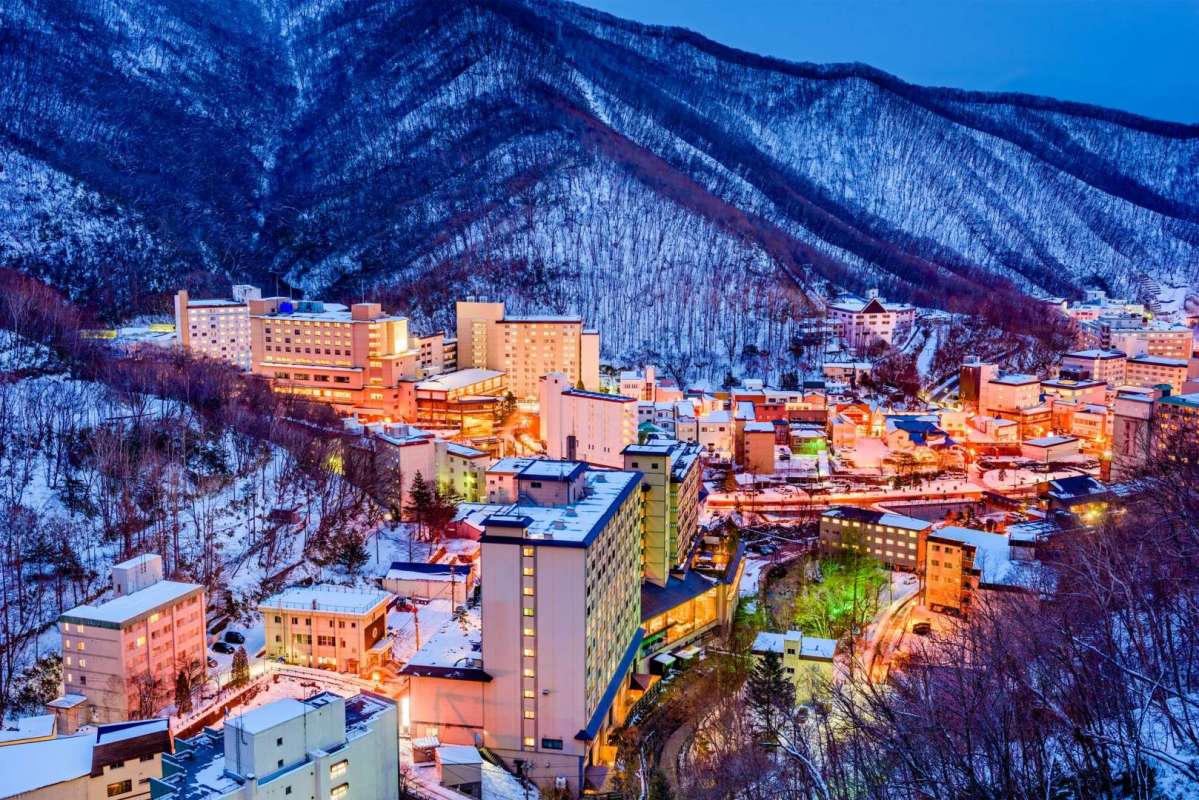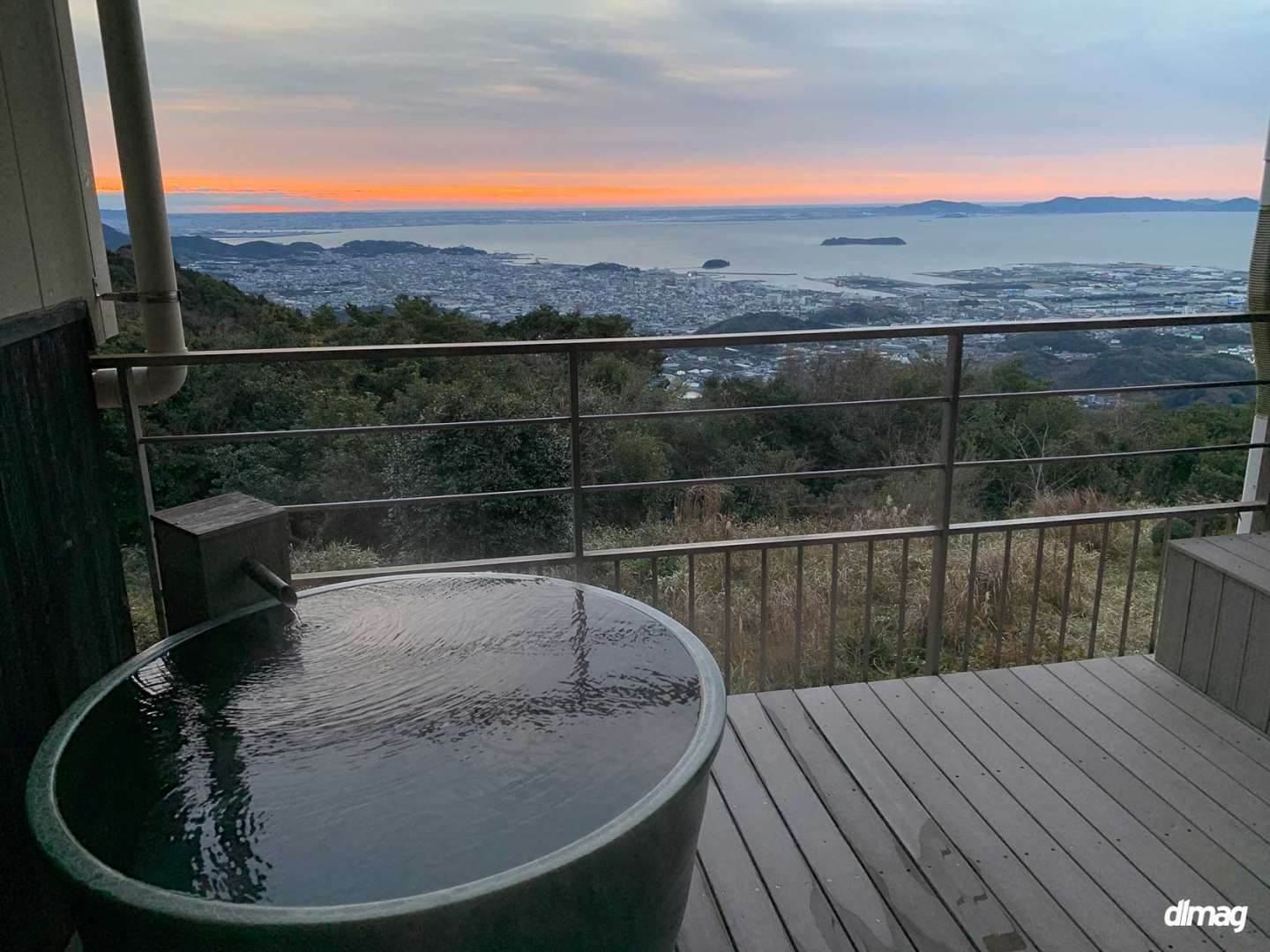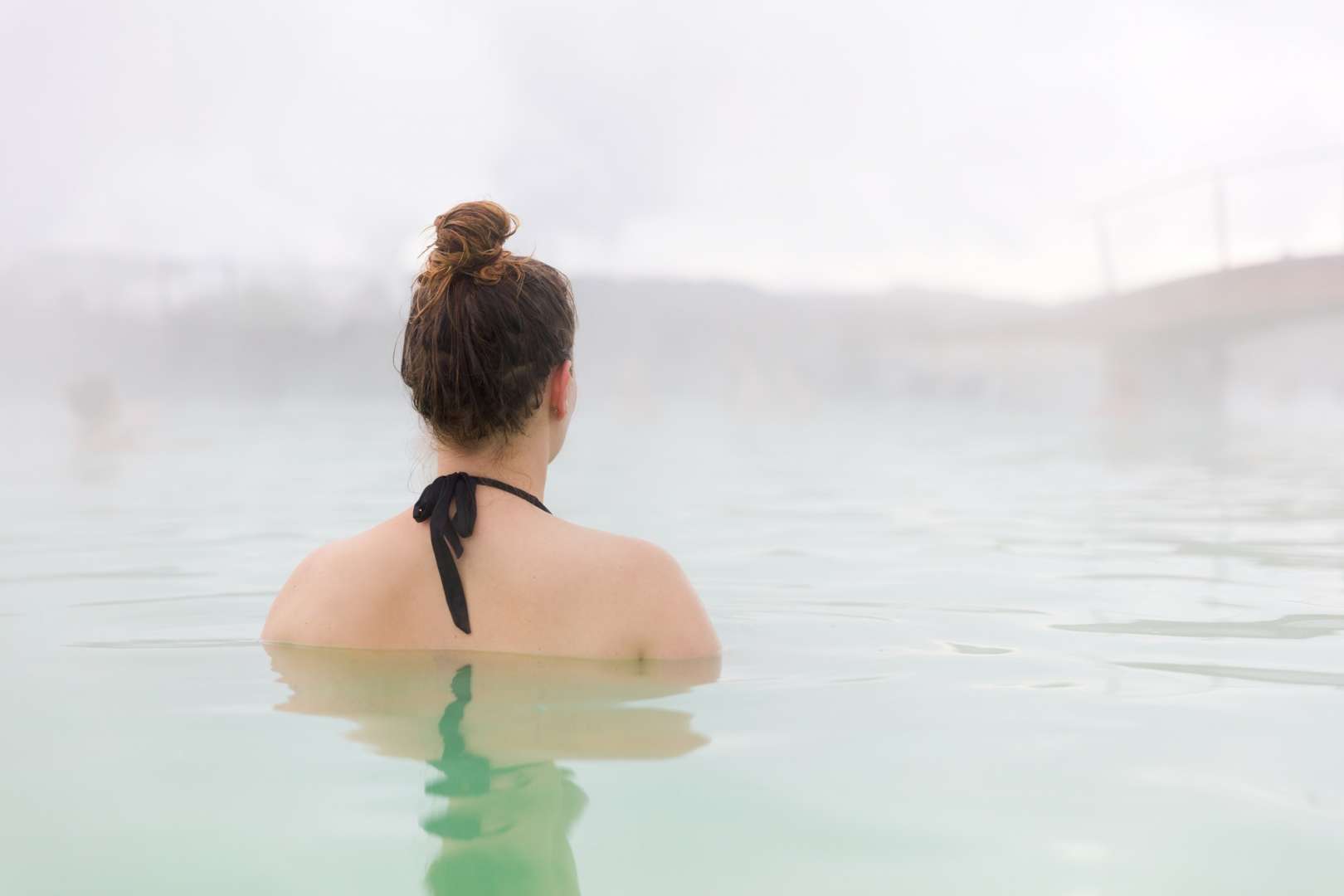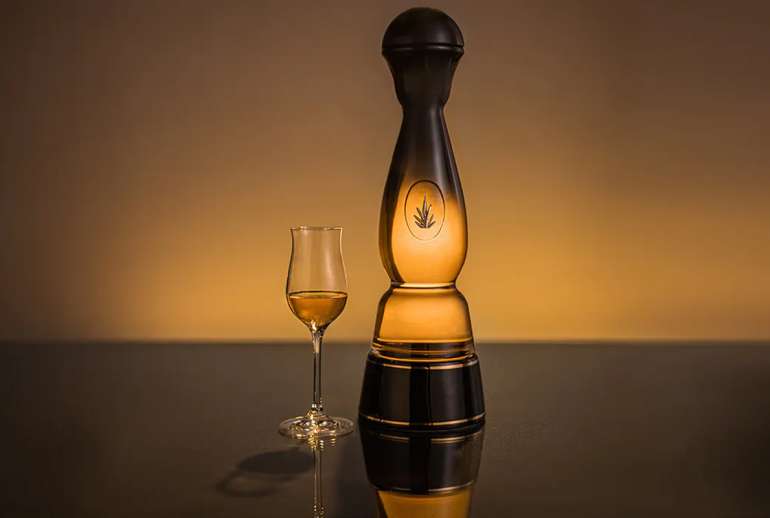No offense to my mom, but sometimes I feel like I got the short end of the stick having been born in a Pittsburgh, Pennsylvania. I mean don’t get me wrong, I’m not embarrassed of where I came from. After all, we’ve got great sports teams, like the Steelers and the Penguins.
It’s an all American kinda small city with hard working, salt-of-the earth folk whose DNA has been forged by the history of steel and barons of industry. But, back to that ovarian lottery … I’ll admit that sometimes I wonder why I couldn’t have been born in a place like Japan. For a whole host of reasons, but let’s talk about one in particular – the Onsen.
Japan is literally a nation with a hot bed of activity – a volcanic one that provides a trove of free, clean power as geothermal energy. Sure, this might be a curse in the event of a volcanic eruption and if lives are put into peril. Generally speaking, however, it’s better than milk and “does a body good”.

This renewable source of heat is like a natural boiler and blesses the landscape with steaming bath water across the country. Because the heat comes from inside the earth, it’s not dependent on the sun and provides natural hot tubs 24/7. Gosh, all I had growing up were cold and icy Slurpees from the 7/11 across Western Pennsylvania. Apparently, the only two other countries in the world with more geothermal power are the US and Indonesia, but, it definitely wasn’t the Pittsburgh region.
With Japan going full-steam ahead in the diversification of its total energy economy and plans, the Onsen are like a national emblem.
In addition to being a sustainable energy, the Onsen is a recuperative source of health and wellness for the Japanese people. Geese, free energy and health care?! The Onsen is a way of life. So you might want to open that browser to the Expedia page right now and book your ticket to Japan in the next few minutes.
In the older and more traditional days of Japan, the Onsen was the standard of bathing ritual for people. Nowadays, the Onsen is a means to an end – one that is defined by rest, rejuvenation and relaxation. It liberates the body – slipping into these waters melts away knots in your muscles and is sure to evaporate any worry from your mind. Sounds like the ultimate form of brain washing to me.

It is common for the Japanese to visit the onsen bath houses a few times per week. It can be a family affair too as you see families making the trip together. Why couldn’t my family have done that? I don’t think my mother has ever gone for a massage, not even once.
The Onsen are everywhere – you would be hard-pressed to not find one; the bathhouses are located in cities and in the most remote areas in the country, such as a mountain top somewhere shrouded in magical mist. Imagine spending your day in a private Onsen room that overlooks a lush bamboo forest. Outdoors, indoors and all seasons long, the Onsen are there, quietly calling you to enter.
The Onsen range in style and budget from super simplicity to no-holds-bar luxury. Usually, an Onsen has several different styles of bath – some of the pools may have sparkling carbonated waters, or be sulfur-scented from the gas venting out of volcanic rock, or mineral waters with salts and iron.
Onsen can be natural mineral springs or something of a more public bath-like nature. There are relaxing rooms with mats where you can meditate. You’ll just need to take a quick bath before enjoying the pools as good hygiene is practiced.
The art of the soak has been practiced in Japan for a long time – even back when Europeans decried bathing as an unhealthy habit. It’s no wonder that Japan has the highest life expectancy in the world, The Onsen is a way of life and certainly helps contribute to a life without major illnesses, probably due to the reduction in stress and inflammation.



